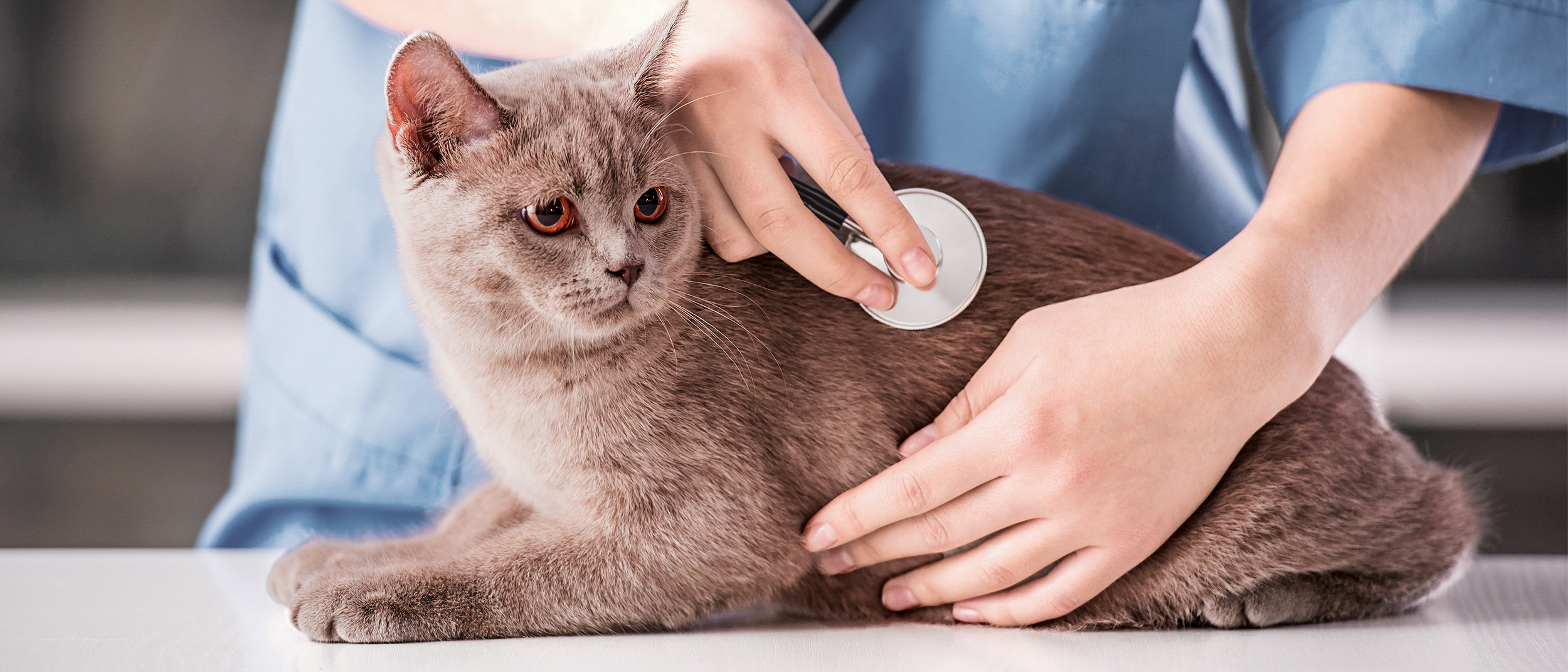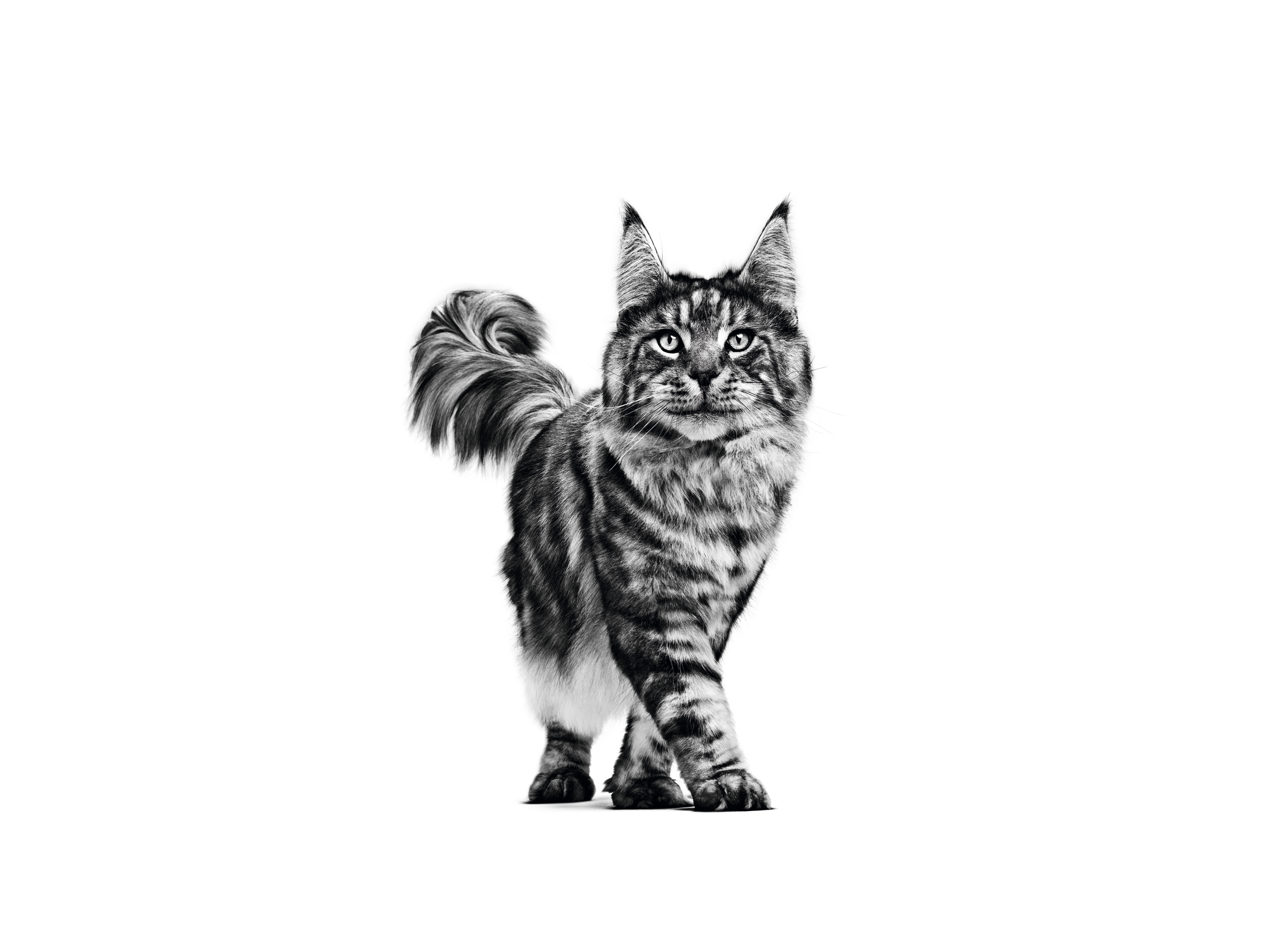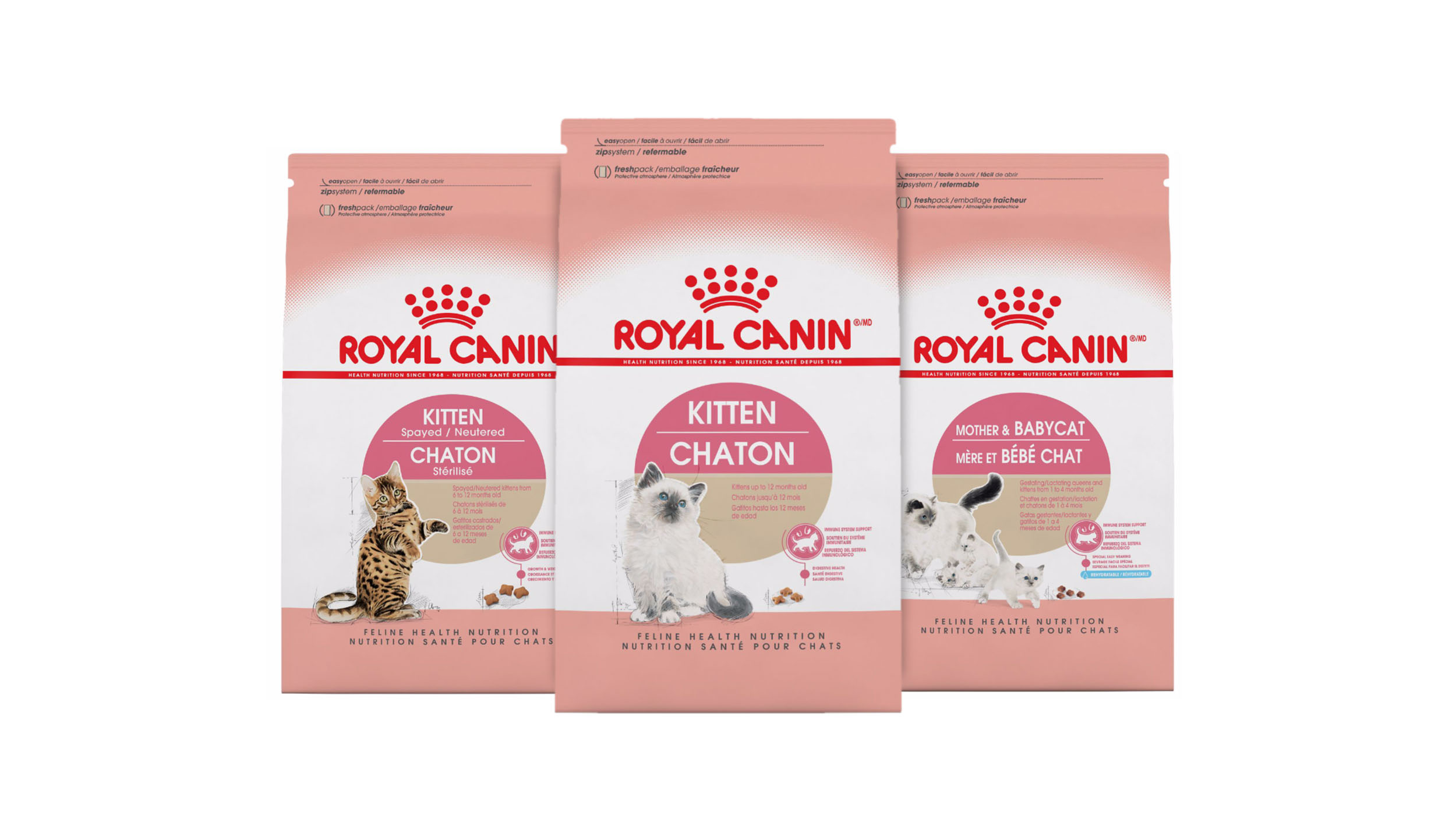Feline Chlamydia

What is chlamydophila felis?
Chlamydophila felis is a type of bacteria that causes conjunctivitis in cats and kittens.
What are the symptoms of chlamydophila felis?
When your cat or kitten has conjunctivitis, they’ll have a variety of symptoms. You should always look out for:
- Any discharge and fluid build-up in their eye
- Regular and excessive blinking
- Persistent squinting
- Redness of the eye tissue
Will conjunctivitis be combined with any other symptoms?
Often eye infections in the form of conjunctivitis are combined with upper respiratory tract infections. Grouped together this is termed “cat flu” and is caused by several different infections.
Most commonly, this includes feline herpesvirus-1 (FHV) and feline calcivirus (FCV), which are both viruses and are very common in the cat population.
Bacteria such as bronchiseptica and mycoplasma can also contribute.
How is cat flu spread?
Cat flu is spread directly between cats as well as by people stroking them and not washing their hands. It is also spread on objects that are contaminated with sneezes or tears and aren’t cleaned adequately – this includes food bowls, cages, and brushes.
What are the other symptoms of cat flu?
The clinical signs of cat flu include:
- streaming eyes and nose
- excess salivation
- sneezing
- mouth ulcers
- inflamed gums
- sore throat
- enlarged lymph nodes
Will the symptoms of cat flu always be apparent?
A cat or kitten that shows no clinical signs or symptoms of an illness such as cat flu can still be a carrier of several viruses including feline calicivirus, feline herpesvirus, FeLV, and chlamydophila felis.
If your new kitten is around other cats, always be cautious. There is a chance the other cats in the population may be carrying the above viruses despite appearing to be healthy.
If that's the case they therefore represent a risk for other members of the community, most notably kittens.
Can my cat be vaccinated against chlamydophila felis and conjunctivitis?
Your cat can be vaccinated against chlamydophila felis on the advice of your vet.
Cats and kittens are routinely vaccinated against several core viruses and diseases that can combine towards cat flu, however this doesn’t always include chlamydophila felis.
Your vet will advise whether this vaccine is necessary.
What are the core vaccinations given routinely to kittens and cats?
The core vaccinations include the following:
- Feline herpesvirus (fHV)
- Feline calicivirus (FCV)
- Feline panleukopenia virus (FPV)
- Feline leukaemia virus (FeLV)
The vaccination for chlamydophila felis isn’t given as routine by vets but will often be recommended. The vet will look at your kitten’s lifestyle, specifically whether they’ll be going outdoors and if they’ll be in contact with other cats. They will then put in place a recommended vaccination plan and schedule.
If your new kitten is likely to be around other cats, it’s important to speak to your vet about getting them vaccinated for all the causes of cat flu.
Related Articles

Find a vet
If you have any concerns about your cat’s health, consult a vet for professional advice.

Tailored nutrition for your kitten
Nutritional formulas that help to build your kitten's natural defences, support healthy growth, and aid in digestive system development.
Like & share this page